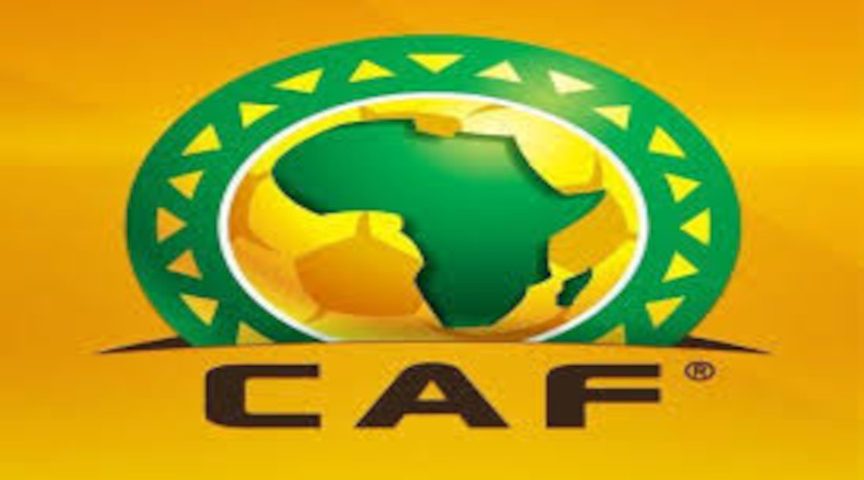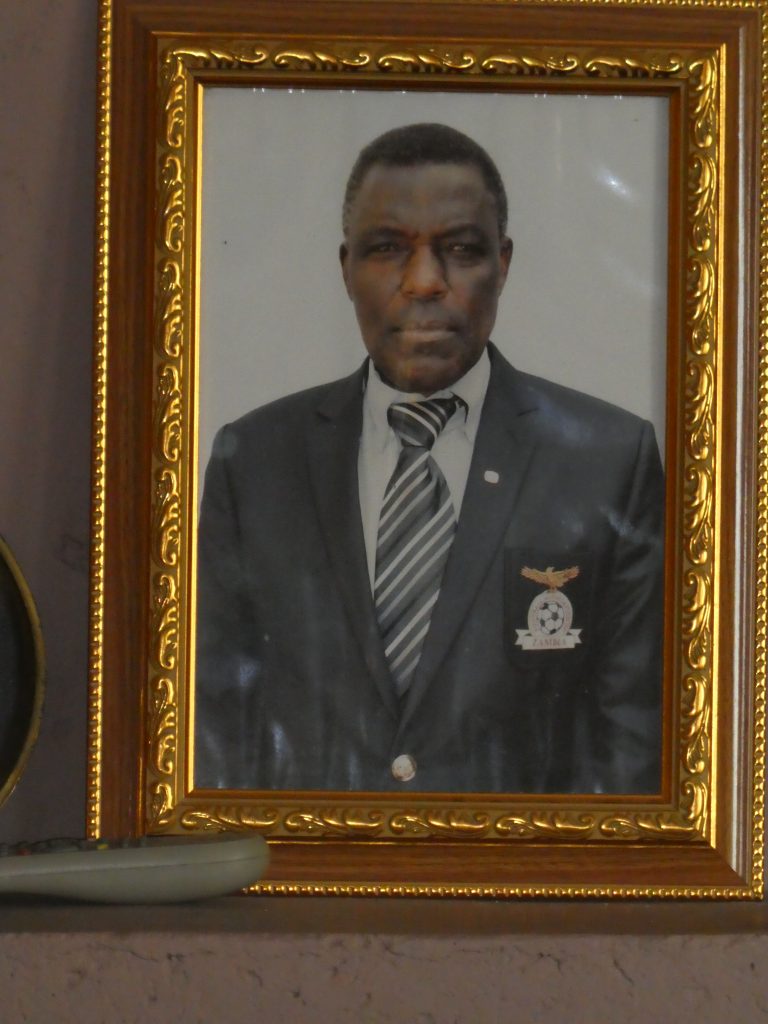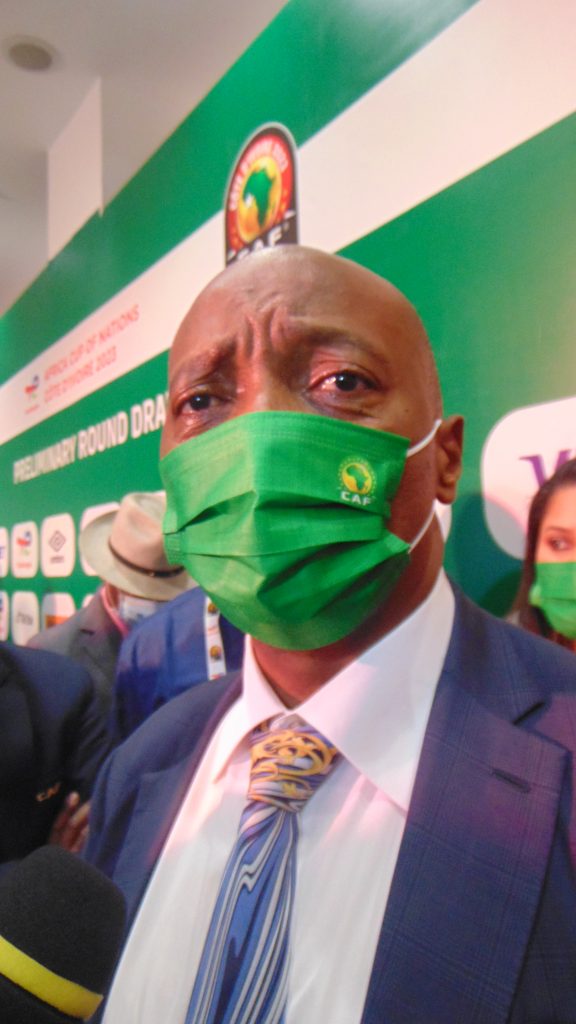Historic AFCON (Part Eight)

Historic AFCON (Part Eight)
January 9, 2024
Historic AFCON (Part Nine)
January 10, 2024Historic AFCON (Part Eight)

By Satish Sekar © Satish Sekar (January 9th 2024)
Historic
Zambia and Zaire as the Democratic Republic of Congo had contested the final of the 1974 edition of the Africa Cup of Nations (AFCON) – it was the only AFCON to require two matches to settle the issue of who should become the champions of Africa. Pierre Ndaye Mulamba had set a remarkable record of scoring braces in his last three matches of the competition (the semi-final, final and replay of the final). Prior to then, he had just three goals in the group stage, and it seemed as if the late Ivorian legend, Laurent Pokou’s record tally of eight in a single edition of AFCON was safe. Ndaye had other ideas. He set a still standing record of nine. It has lasted half a century and counting.
It is fitting that the 34th edition of AFCON will be played in la Côte d’Ivoire, and 50 years after providing one of the best and most interesting ever – Zambia on debut – the DRC and Zambia will meet again in San Pedro on January 17th at the aptly named Stade Laurent Pokou. Several of the 1974 legends of both teams are deceased – Ndaye and Zambia’s long-serving captain, Dickson Makwaza among them. But those who remain alive and relatives of the ceased should be invited to attend this AFCON as honoured guests of African football.

The Ambassadors
CAF’S Ambassadors has introduced the ambassadors programme, which will use African legends El Hadji Diouf, Asamoah Gyan, Ahmed Hassan and Augustine (Jay Jay) Okocha, the star signings of the first Ambassadors Programme to use their presence to enhance the profile of African football (see https://empowersmag.com/empowersmagwp/2024/01/08/cafs-ambassadors-programme-makes-history/).
Its aim is to highlight sporting legacy and social impact. Such charity needs to include African football’s elder legends like those of 1974. They played before there were the rewards of today. They were role models and they left a sporting legacy. The treatment of the late Ndaye disgraces football and Africa (see Historic AFCON Part Seven at https://empowersmag.com/empowersmagwp/2024/01/03/historic-afcon-part-seven/) and Makwaza deserved acknowledgement too).

To CAF’s credit its President, Dr Patrice Motsepe, acknowledged the immense contribution of the Zambian great Ginger Pensulo – sadly after his death almost three years ago in a letter sent to his family through Football Association of Zambia President Andrew Kamanga. There are many others, some still alive, but in their twilight years. In my opinion at least, they deserve to enjoy their remaining days basking in appreciation of their numerous achievements on the pitch and off it too.
The Atlas Lions Roar
Ethiopia qualified as hosts and the DRC as champions. La Côte d’Ivoire was eliminated by the former champions Congo (the People’s Republic of Congo) on away goals after drawing 2-2 on aggregate in the first round of qualification – there had been a preliminary round which Tunisia and Morocco came through, both of whom would reach the finals of the tenth AFCON, which was another unusual one.
It did not have a final, as CAF chose to avoid the necessity of a replay. This was the only AFCON that had a league (final phase) rather than a final – the inaugural AFCON gave Ethiopia a bye to the final because South Africa was expelled from the competition due to Apartheid. Sudan finished third without a match.
Meanwhile, Cameroon fell to Togo in the first round of qualification for the 1976 AFCON. who were later eliminated by Guinea. The Syli (Guinea) went on to have their most successful AFCON to date, and the eventual winners, Morocco, eliminated former champions, Ghana after both won their home legs 2-0. The Atlas Lions beat the Black stars 6-5 on penalties to qualify for Ethiopia’s third time as hosts of AFCON – 1962 and 1968 were the previous times).
Uganda eliminated the beaten finalists of 1974, Zambia, 4-2 on aggregate. So, Egypt, Guinea, Morocco, Nigeria, Tunisia and Uganda joined Ethiopia and Zaire as the contestants for glory at the tenth AFCON.
The Dress Rehearsal of the Main Event
Guinea qualified top of Group A. They were unbeaten, beating Ethiopia and Uganda and drawing with Egypt, who also drew with Ethiopia, and beat Uganda. Ethiopia beat Uganda 2-0, but their 2-1 defeat to Guinea meant they had to beat Egypt to qualify. The 1-1 draw eliminate Ethiopia in the group stage.
Defending champions Zaire’s only point in Group B came with the 1-1 draw against Sudan, but they had already been eliminated by then after a 4-2 defeat by Nigeria and a 1-0 defeat by Morocco in their first two matches. However, Congolese football was paying the price for the 1974 World Cup campaign in West Germany.
The players were treated as pariahs on their return and football lost the funding and commitment that Mobutu Sese Seko had previously put into football. Mobutu had moved on to boxing – the fight that made the name of the controversial promoter, Don King, the Rumble in the Jungle, which saw Muhammad Ali regain his World Heavyweight title from the previously dominant George Foreman. Shorn of funding Zaire were beaten by Nigeria and Morocco.
Sudan’s 2-2 draw with Morocco consigned Zaire to last place in Group B. Their 1-0 defeat by Nigeria meant that they had to beat Zaire to have any chance of progressing, and hope that Nigeria did them a favour against Morocco.
The Atlas Lions topped the group by beating Nigeria 3-1 in their final match of the group – the defeated Zaire 1-0 in the second match. Nigeria was already through by then after beating Sudan in their second match.
Morocco and Nigeria joined Guinea and Egypt in a unique final stage of the competition.

